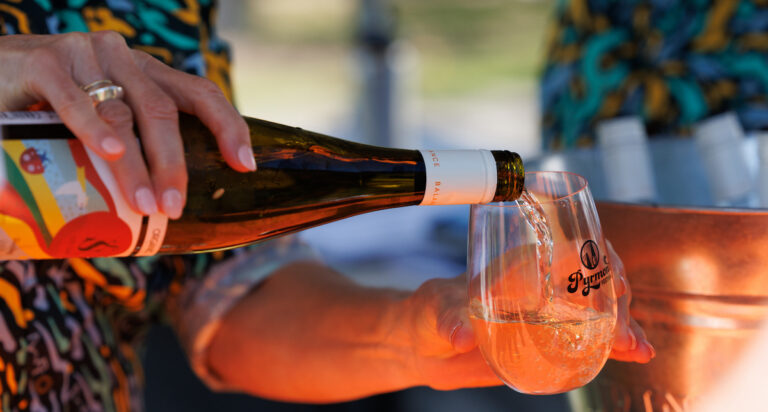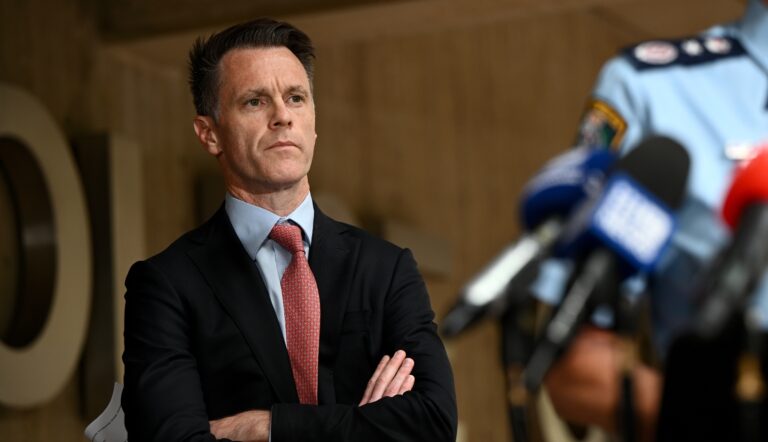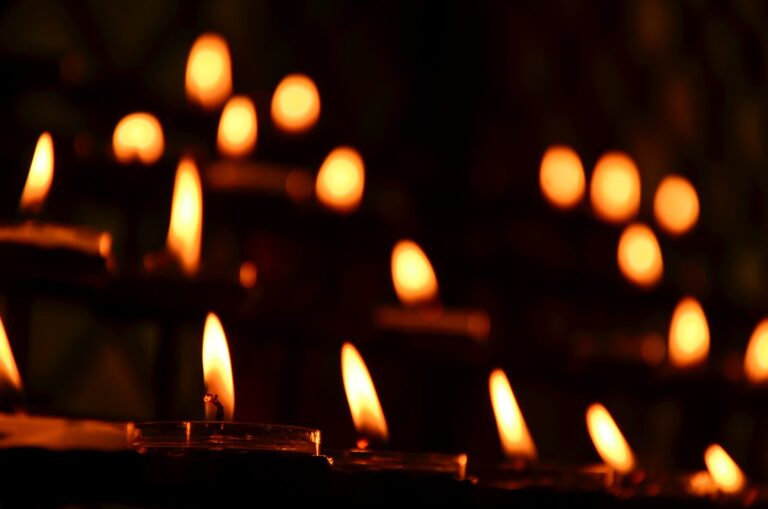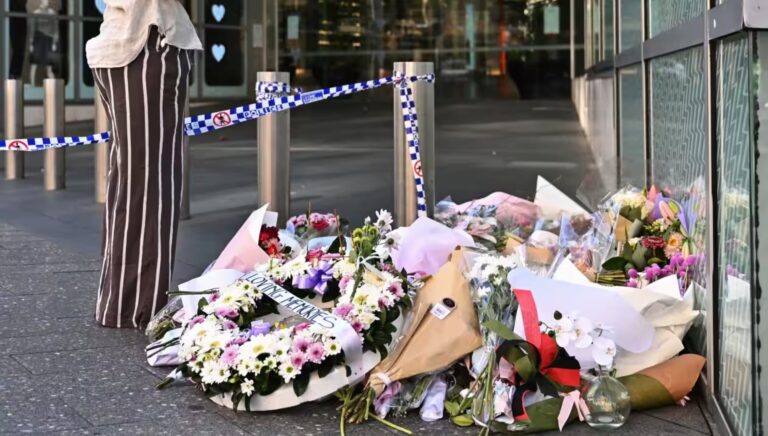
Marking the Julian Calendar
Talk about a public relations disaster: our own Aussie battler Julian Assange was locked up in a London prison while Oprah Winfrey and her entourage are here visiting Sydney. The detention of the Queensland-born free speech activist has put Australia in the international spotlight for all the wrong reasons. While the government wanted to hype Australia as a pristine land of surf, sun and a laid back lifestyle, some of the rhetoric bubbling up from Down Under has been less than laconic. These days Prime Minister Julia Gillard has sounded more like the leader of a totalitarian regime than the head of a free and democratic society hoping to market itself to a daytime TV audience in the land of the free and the brave. Faced with a bucketful of embarrassing revelations courtesy of WikiLeaks, the Prime Minister has threatened to revoke Assange’s Australian passport and Attorney General Robert McLelland has condemned the cyberspace whistleblower for irresponsible gossip mongering and malicious truth telling. Nowadays the Australian Labor Party is sounding eerily like the Chinese party leadership, who just denounced another incarcerated free speech activist — this year’s Nobel Peace Prize recipient Liu Xiaobo for revealing certain unspeakable truths about Tiananmen Square. All in all, 2010 has not been a good year for freedom of expression.
What will Oprah and her American imported talk-show audience say when they get home following their NSW government sponsored junket? If the state police force has anything to do with it, political dissent in Australia will never make it on their radar. While Winfrey filmed at the Sydney Oprah House, NSW police refused a group of protestors permission to march from Town Hall to the US embassy to protest the detention of Assange, whose second bail hearing was scheduled that day in London. March organiser, Patrick Langosh said, “Apparently the police consider Oprah a higher priority than freedom of speech… The right to protest, just like freedom of information, is a basic democratic right. WikiLeaks and Julian Assange have discovered that right is not awarded to them when what they have to say offends the powerful.” In advance of the march, Central Metropolitan Region Commander, Assistant Commissioner Mark Murdoch issued a statement that the refusal was based on the fact that the group did not provide seven days’ notice of their planned protest. Given that Assange was only arrested six days prior to the event, providing a week’s notice would have been well near impossible.
It could have been Tiananmen Square, but luckily it wasn’t. At Town Hall, police, who had refused permission to march on the grounds that an American talk show host had stretched their resources threadbare, greeted protestors in force. The police response included armed guards, riot issue mini vans, mounted police and a swarming helicopter. Police informed organisers that the appointed march had not been authorised. According to Langosh the crowd felt it was their civic duty to oppose state censorship and decided it was their responsibility to march. Police cordoned marchers onto the footpath and arrested several people, who were released either without charge or with traffic infringements for blocking traffic. Greens City Councillor Irene Doutney told the Hub “Three police officers violently threw a disabled protestor onto the ground. It was brutal.”
In the absence of a Bill of Rights enshrining freedom of speech and the right to peaceable assembly, police are not compelled to consider basic civil liberties in reviewing a request to hold a protest march. Ironically, Julian Assange spent International Human Rights Day locked in a London jail cell. The date had been selected by the Greens to release a draft Bill of Rights for the state. According to NSW Greens MLC David Shoebridge, “The recent furious attacks on Wikileaks and Julian Assange are a good reminder of why it’s so important that our rights are protected. Australia is one of the few advanced democracies in the world that does not enshrine its citizens’ rights to essential freedoms in a core bill of rights.” The Greens have introduced a Bill of Rights in the lead up to the March State election. Neither major party has indicated they will support such legislation and in the absence of a public outcry for a Bill of Rights, it is unlikely that such a Bill will ever see the light of day. All in all, 2011 does not promise to be a good year for freedom of expression.









